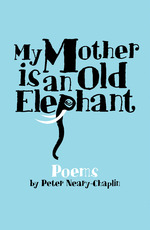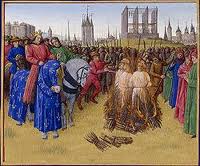Stories of the Kingdom
 Sunday, February 10, 2013 at 11:35AM
Sunday, February 10, 2013 at 11:35AM I have spent many years wondering whether I'm truly (note this word!) an heretic in terms of the tradition I grew up in, and maybe I am. Or not. It all depends whether the line-drawers draw their lines, and there is much disagreement about this throughout Christendom, and always has been.
I regularly spectate at Facebook debates about the venality of The Church (the term is undefined), or what Jesus really meant, or what his silence on any given issue means, his divinity or otherwise, one's own divinity (which seems much easier for many liberal commentators to accept than Jesus'), or what the 'true' position on an issue is. Of course, they aren't really debates; more like campaigns and sloganeering.
I am starting to feel a kind of detachment from the need to spend so much time airing questions and answers which can only ever be partial, and which are sustained much more by the need of the debaters to be right than to continue the search for truth.
I read recently that were in mediaeval times some consonant voices among the Christian, Muslim and Jewish schools of theology to the effect that theology is only really poetry, after all, and the mistake comes surely and certainly in the tendency to harden it into categories rather than to enjoy it like a sweet-smelling flower or a glorious sunrise. What if theology is simply story, poem, song? Not true or false, just more beautiful or less beautiful.
As a writer I am fascinated by the power of words, metaphors and story. Story-telling seems to be a non-negotiable human inheritance, one of the aspects of being human as distinct from our primate cousins, who, as far as we know, don't tell stories. At least, not ones that we understand. Personal development, even just growing up and maturing into individuality is in some ways a process of telling new stories about ourselves, better stories, more supportive and positive stories than the ones we find ourselves living in at any particular time.
Maybe what we need is simply better stories. Let's not even tie ourselves in a knot about what theology is or is not. Somewhere a theologian will disagree with any definition. Stories that expand, put heart and head together, stories that breathe life into situations, stories that face us with our own mortality and help us to be more compassionate rather than less. Stories of the kingdom.


